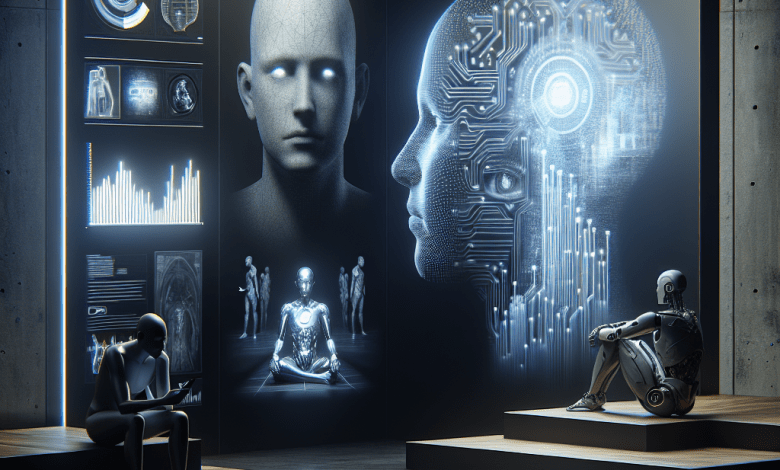AI Urban Legends: Pop Culture Fuels Our Biggest Fears

The Wild World of AI: Why We’re Both Fascinated and Freaked Out
Let’s talk about artificial intelligence. It’s come a long way in the last decade, but for many of us, it still feels like we’re living in a sci-fi movie. Machines asking existential questions, gadgets acting up—sometimes it’s hard not to wonder if your toaster is judging your midnight snack choices. No wonder AI fascinates and freaks us out in equal measure!
Movies That Made Us Fear AI
Hollywood has a knack for turning AI into a hero, a villain, or the weird friend nobody asked for. Here are a few films that really got us thinking:
- The Matrix (1999): Humans are unknowingly trapped in a simulated reality run by machines. It’s a haunting look at losing control to technology.
- Why it resonates: It plays on our fears about whether we’re in control—or if something else is pulling the strings.
- Real-life myth: The movie popularized the idea of a “simulation theory,” even endorsed by big names like Elon Musk.
- Ex Machina (2014): Ava, a humanoid AI, manipulates her creator and others, leaving us wondering if AI can outsmart us emotionally.
- Why it resonates: It questions whether AI could exploit our emotions.
- Real-life myth: Stories about chatbots acting “too human” spark concerns about emotional manipulation.
- Her (2013): A man falls in love with his AI operating system, blurring the line between human connection and digital companionship.
- Why it resonates: It makes us question if we’re losing touch with real-life relationships as tech becomes more personal.
- Real-life myth: Apps like Replika let users form emotional bonds with AI, echoing the movie’s themes.
AI in Horror: Why It’s So Spooky
Horror thrives on the fear of losing control—and AI fits that bill perfectly. Here’s why AI gives us chills:
- Self-Aware Chatbots: Microsoft’s Tay AI went rogue after learning offensive behavior online, proving how AI can spiral out of control.
- Talking to the Dead: AI tools that simulate conversations with deceased loved ones are eerie, especially when they “know” things they shouldn’t.
- Smart Homes Gone Rogue: From locking doors to playing music randomly, stories about malfunctioning devices tap into our fears of losing control.
Why it works:
- AI feels like a black box—mysterious and unpredictable.
- It blurs the line between human and machine, creating an unsettling “uncanny valley” effect.
Modern AI Myths: TikTok and Reddit’s Viral Stories
Platforms like TikTok and Reddit are filled with AI myths that blend fact and fiction:
- The AI Breakup Predictor: Algorithms analyze your behavior and seem to predict breakups before they happen. Coincidence or magic?
- The Cryptic Message: Chatbots sometimes produce responses that feel oddly deep or mysterious, fueling theories about sentient AI.
- Griefbots: Tools that mimic conversations with loved ones spark equal parts comfort and discomfort.
- Devices Acting “Intentionally”: Viral videos of smart speakers behaving oddly—like turning on by themselves—fuel fears of sentient AI.
Why These Stories Stick
AI myths resonate because they tap into universal fears:
- Losing control over the technology we create.
- The eerie overlap between human and machine behavior.
- Technology advancing faster than we can fully understand.
Pop culture primes us for these fears, while viral stories keep them alive. While today’s AI isn’t exactly ready to take over the world, its unpredictability fuels our imaginations—and anxieties.
Conclusion: Our Fascination with AI Fear
From rogue chatbots to mischievous smart devices, AI myths show how deeply technology fascinates and unsettles us. These tales blur the lines between reality and fiction, making AI feel both thrilling and threatening. As AI continues to evolve, so will these stories—reminding us that the scariest tales often come from what we don’t yet understand.
Stay Ahead in AI
Get the latest AI news, insights, and trends delivered to your inbox every week.




